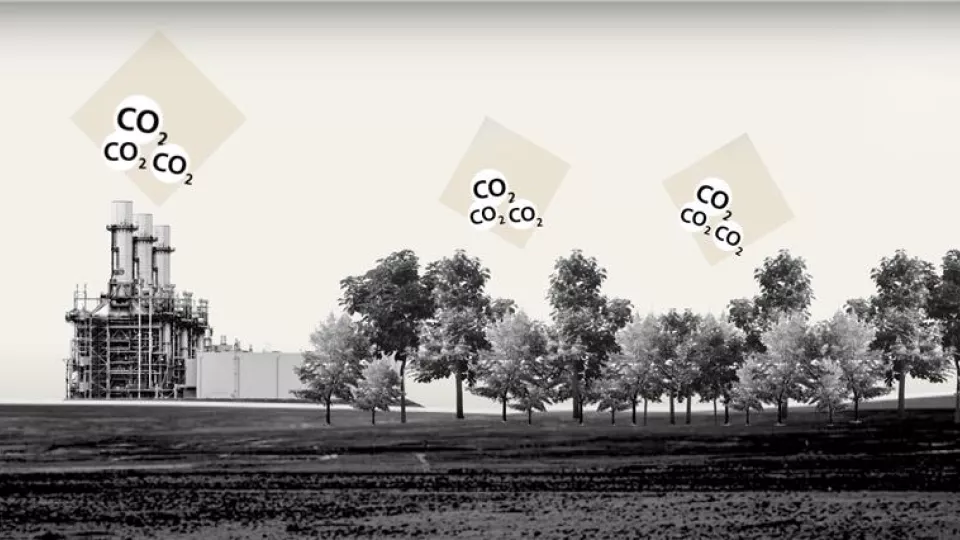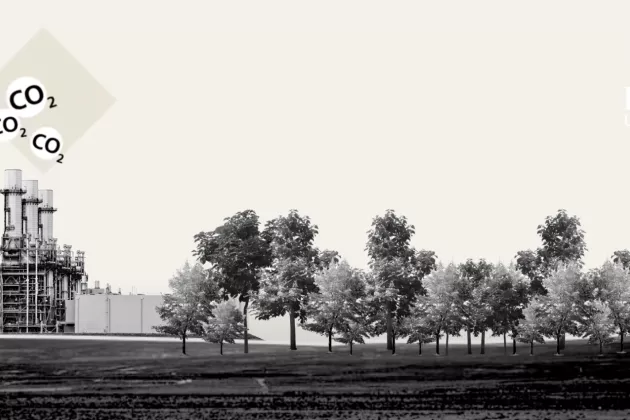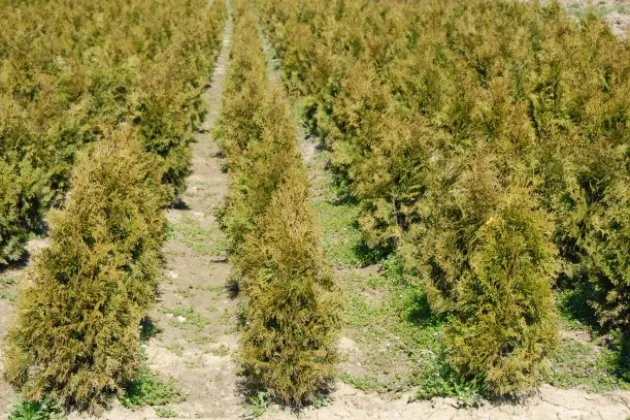As the climate crisis intensifies, the scientific and political conversation on climate change mitigation is taking novel forms, giving rise to a range of possible new climate futures. An increasingly important aspect of this is the ambition, articulated by both governments and corporate actors, to achieve ‘Net Zero’ emissions. Implied in this goal is the need for removing carbon dioxide from the atmosphere to compensate for continued greenhouse gas emission in the near-term, a need that comes with its own set of feasibility challenges, political risks and socio- environmental trade-offs.
– In this 5-day intensive course, students will be acquainted with the promises and pitfalls of ‘net zero’ mitigation pathways and the technologies that are supposed to help bring these about, says one of the lecturers Wim Carton from Lund University Centre for Sustainability Studies.
The course will give students a critical overview of the current net zero conversation against the background of the history of climate politics, and goes into some of the main tendencies, tensions and opportunities that characterize net zero pathways. It mainly draws on conceptual tools in the fields of political economy, political ecology and science and technology studies.
About the course
Course participants should be enrolled in a PhD program and can be at any stage of their studies. Participants will be required to submit a draft essay prior to the beginning of the course. This essay will then be discussed with colleagues and the lecturers during the course.
A €100 course fee will be charged. Participants are expected to pay for their own travel and accommodation. Participation will be capped at about 20 students
The course is organised by: the Department of Food and Resource Economics, University of Copenhagen; Lund University Center for Sustainability Studies; Lancaster University, Lancaster Environment Centre; The Department of Environment and Sustainability, University of Buffalo
Date: 13-17 June, 2022
Venue: University of Copenhagen
To apply: send a 1-page CV and a 1-page motivation letter to jens [at] ifro [dot] ku [dot] dk (jens[at]ifro[dot]ku[dot]dk) and wim [dot] carton [at] lucsus [dot] lu [dot] se (wim[dot]carton[at]lucsus[dot]lu[dot]se) . The deadline is 15 January 2022. The letter should describe the PhD project and specify its relation to the theme of the course.
Lecturers
1. Holly Jean Buck, University of Buffalo, US
2. Wim Carton, Lund University, Sweden
3. Inge-Merete Hougaard, Lund University, Sweden
4. Jens Friis Lund, University of Copenhagen, Denmark
5. Nils Markusson, Lancaster University, UK
6. Camila Moreno, Humboldt University, Germany


